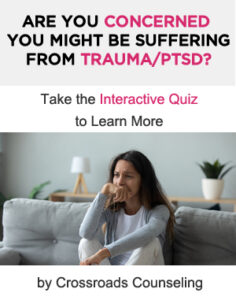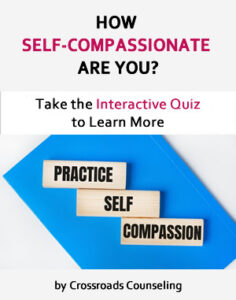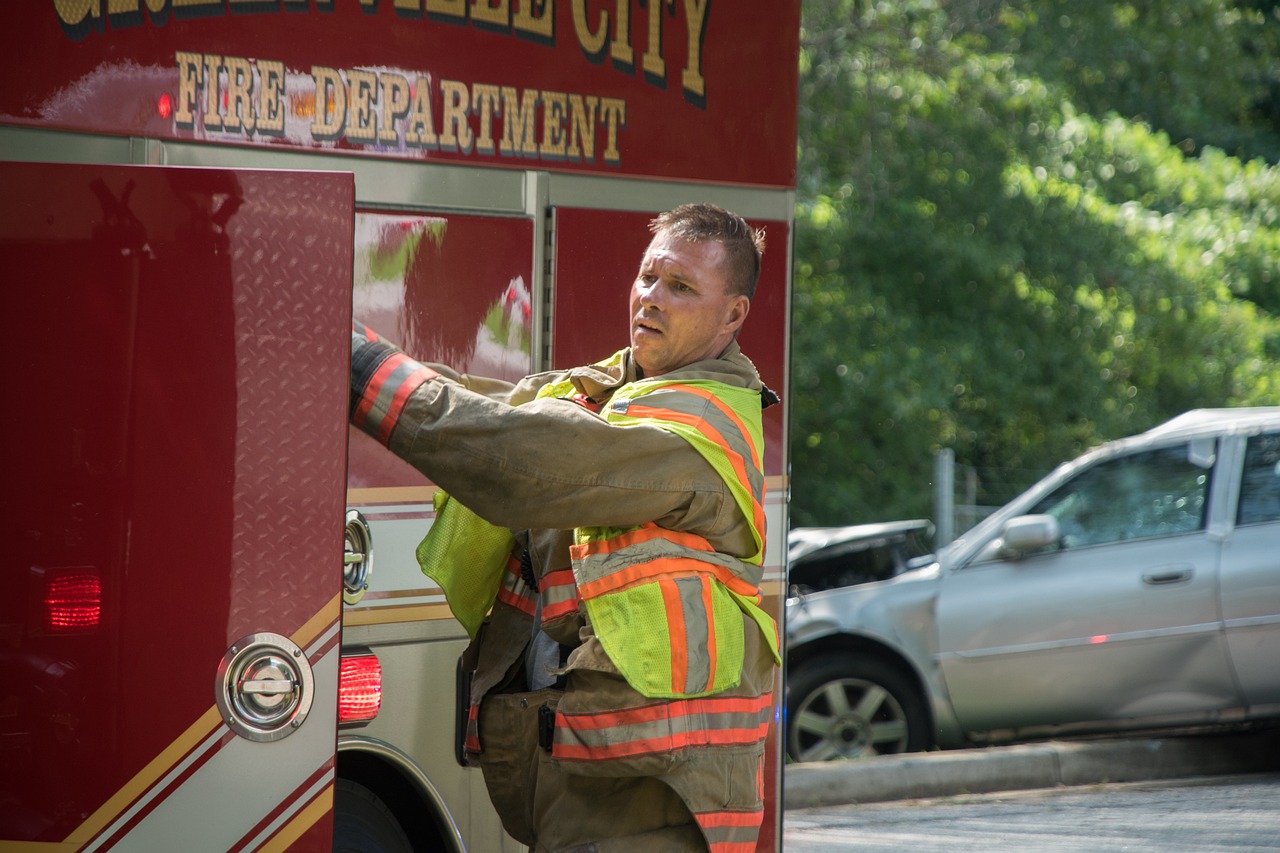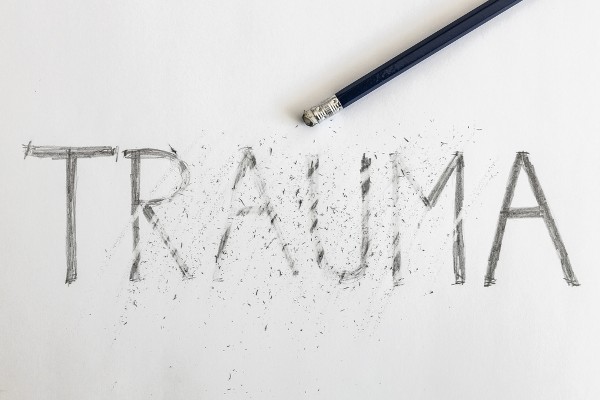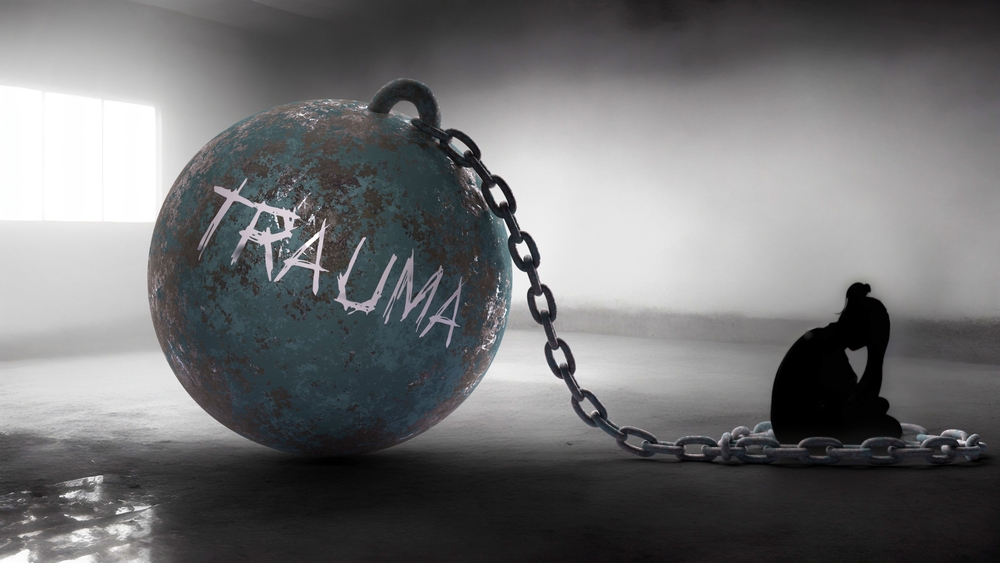In a perfect world, all parents and children would form healthy, secure attachments from day one. Those children would grow up to seek out healthy adult relationships that didn’t cause them to feel the need to control relationships.
Unfortunately, we don’t live in that world. Attachment trauma is a very real thing. While it typically occurs in childhood, it can also happen in adult relationships when someone you trust and lean on for support betrays your attachment.
Attachment trauma can affect you for a lifetime, negatively impacting your future relationships and making it hard to find the security you need and deserve.
Let’s take a closer look at attachment trauma and how your past experiences could be shaping your current and future relationships.
A Bonding Disruption
In childhood, attachment trauma occurs when there’s a disruption between the natural bond you’re supposed to form with your parent or caregiver. Things like physical or emotional abuse, neglect, or even death or divorce can cause attachment trauma.
Maybe your basic needs were met, but your caregiver wasn’t mentally or emotionally present in your life. That can also lead to attachment trauma and negatively impact the way you view relationships.
What Are the Symptoms of Attachment Trauma?
Attachment trauma often leads to anxiety, especially when it comes to relationships. You might have a hard time holding onto relationships because you feel like you’re not good enough. Or you might think your partner will leave at any moment. Some other common signs of attachment trauma include:
- Control in relationships
- Questioning your self-worth
- Difficulty getting close to people or an extreme desire to be close — so much that it pushes people away
- Viewing your relationship as all good or all bad
Perhaps the worst part about attachment trauma is the way it can cause you to view yourself in a negative light. Some people with attachment trauma are extremely self-reliant. You might have a hard time staying in a relationship because you don’t want to admit that you “need” anyone. Others can be very fragile and have low self-esteem. They might look to others for validation or constantly worry that they couldn’t possibly measure up to meet someone’s needs.
Moving Past Attachment Trauma
Thankfully, it’s possible to heal from past experiences, even if they happened in childhood. The best way to move forward from attachment trauma is to recognize that you don’t have to do it on your own.
Therapy can help you dive into the root cause of your attachment trauma. While that’s not always an easy thing to do, it’s a necessary first step. You’ll learn exactly how your past is impacting your present. You’ll also learn how to be more comfortable with open, honest communication.
Working with a therapist can also help you learn how to build healthy connections and relationships. It can reframe the way you view yourself and the people in your life. You’ll be more likely to be able to set healthy boundaries and boost communication within those relationships.
Finally, you’ll see yourself in a different light. You’ll recognize that what you went through wasn’t your fault, and there was nothing you could have done differently to change things. Letting go of that burden can make a big difference in your mental well-being.
Accepting your past can be difficult, but it’s a sign that you’re healing. As you work through the effects of attachment trauma, you’re likely to experience healthier relationships, greater self-esteem, and the ability to communicate with honesty and confidence.
Your past doesn’t have to define your future. If you’re interested in learning more about attachment trauma and how it could be shaping your relationships and the way you view yourself, contact me for more information or to set up an appointment.
Start Healing Attachment Trauma with The Beyond Trauma Program for Transformation & Authentic Healing in Phoenix, Scottsdale, and online in all of Arizona
Our team of trauma therapists would be happy to help you identify and overcome emotional, relational, mental, and spiritual trauma in your life. We have offices in Phoenix, Scottsdale, and in all of Arizona through online counseling for trauma. To start a trauma therapy intensive, please follow these simple steps:
- Contact Crossroads Counseling
- Meet with a trauma therapist
- Start overcoming trauma!
To learn more about our traditional trauma therapy click here.
Call us for trauma therapy at 623-680-3486,text 623-688-5115, or email info@crossroadsfcc.com.

